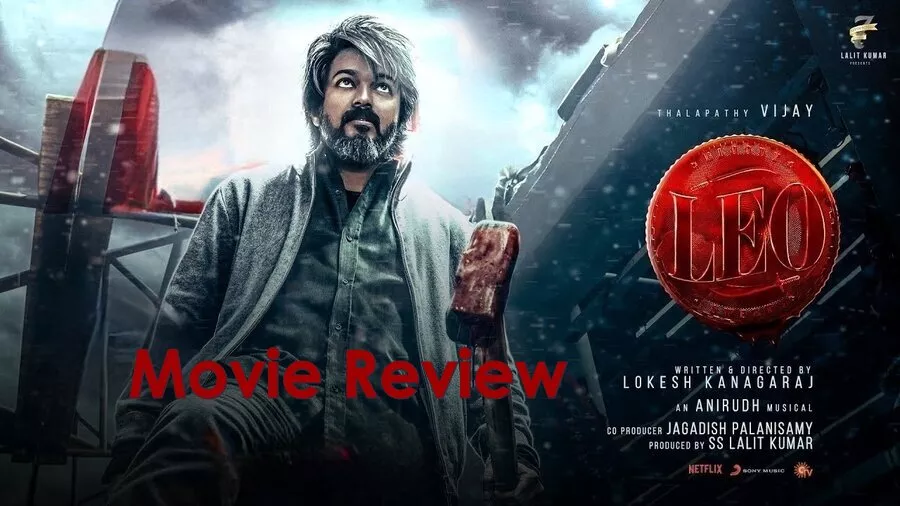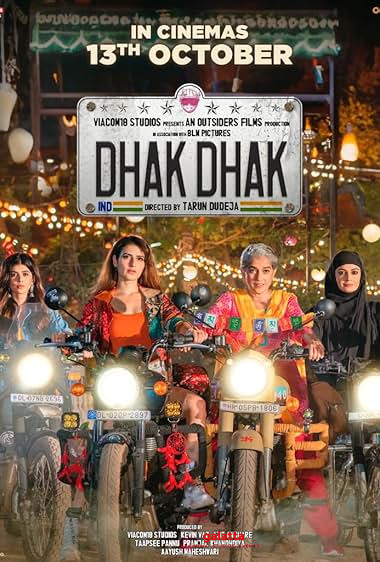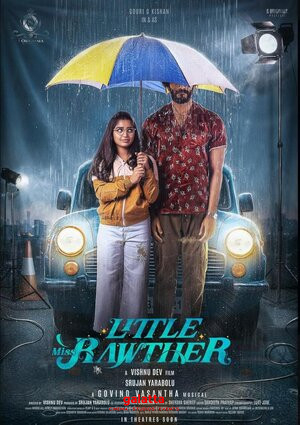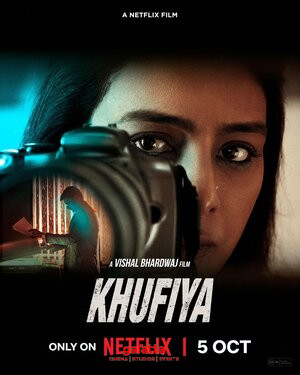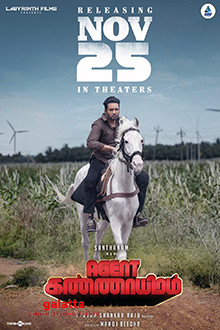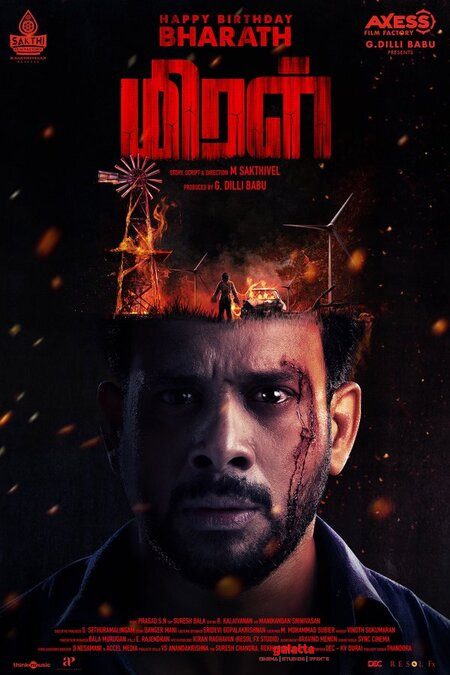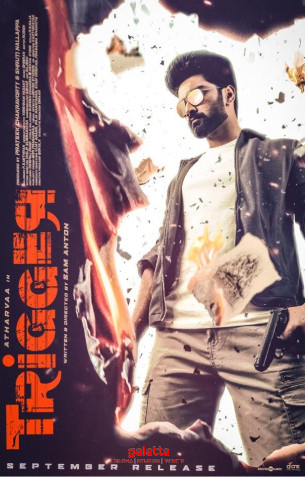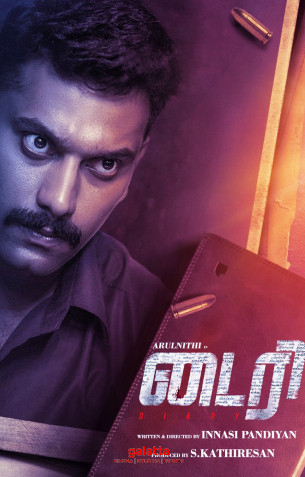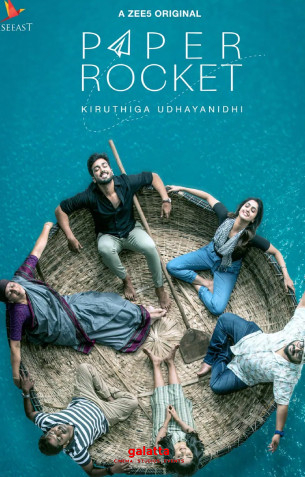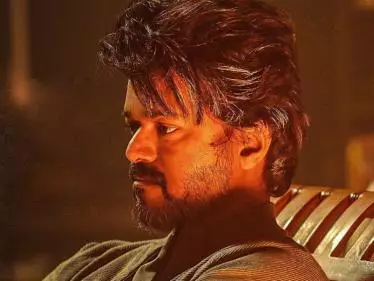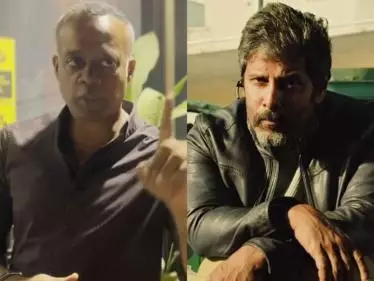Leo Movie Cast & Crew
The most positive thing about Leo is that, like Vikram, it is a 100% Lokesh Kanagaraj film. The melodramatic "family-friendly" daughter-track of Kaithi is gone. The fan-service college portions of Master are gone. With the exception of one song ('Naa ready' here, like 'Pathala pathala' in Vikram), this director has turned the concept of a star vehicle into a director vehicle. Co-written with Rathna Kumar and Deeraj Vaidy, this is a clean screenplay. Like in Jailer, there's no out-of-nowhere father-son "twist' drama. Like in Jawan, there is no out-of-nowhere messaging about farmer suicides or corporate villains. The narrative lines, the character lines are clean. They are not terribly inventive (more about that later), and like Vikram, this film is better enjoyed as a theatrical experience. (I'm not sure the 'mass' moments are going to explode on OTT.) But every choice locks together cleanly, and at the very basic level, the story chugs along without any bumps.
But is that enough? More about that later - but let's begin with the hero-introduction stretch, in a small town in Himachal Pradesh, where a hyena is running rampant and is cornered in the compound of a school filled with children. If you want to read this as a metaphor, the signals could not be clearer. A wild animal is loose amidst innocents, and is tamed by kindness and social interaction. The same could be said about our protagonist, Parthiban, played by Vijay. Just a few scenes earlier, we have seen a "bad man" kill a dog. Here, a "good man" chooses not to kill the hyena. But how does Parthiban, a greying middle-aged man who runs a café, possess the skills to tackle a creature that exists outside the bounds of civilization? If you've seen the name of the café (Wild Beans) and if you've seen A History of Violence, you know the answer. David Cronenberg's film is acknowledged in a title card.
When confronted by evil men, Parthiban fights like a "beast", with the instincts of a cornered hyena. So is he a former gangster named Leo? That's the big change Lokesh makes with respect to the story of the original. There, the answer was revealed fairly early. Here, we have to wait for the end. The other (expected) change is that, unlike the Hollywood film, this is not an examination of violence. There, the son turns violent in school. The wife has (and enjoys) violent sex. It's a chain reaction. That sort of philosophical track would be too much to incorporate into a big star vehicle – the closest we get is a morality tale Parthiban tells his children about a serial killer. The moral comes back to reflect on him a little later. Otherwise, Lokesh replaces all the existentialism of History of Violence with a Kaithi-like series of action scenes involving a number of generic villains, each one coming in one after the other.
Like with a lot of things about Leo, "not bad" is what you'd call the action, by Anbariv. The Vijay-Trisha scenes (she's the wife) are… not bad. She gets one terrific stretch of dialogue where she asks her husband if this is how the rest of their life is going to be. I loved the way the lines were worded. But the other big husband-wife scene, involving a kiss, is… not bad. And earlier, in their first scene together, why showcase her anger if you are going to dissolve the emotion in a matter of seconds? And what is it with Lokesh and athletic events? In Master, he showcased archery. Here, it's the javelin throw. The thrower is Parthiban's son, played by an excellently cast Mathew Thomas. (He really resembles Vijay.) The father-son relationship is… not bad.
Part of the fun in a Lokesh movie is spotting the Lokesh-isms (like the placement of the title) and spotting the references, from the old songs (the Hindi version of 'Ilaya nila') to the Kamal Haasan homage moments, like the wife named Sathya. The best homage comes in the form of the cutest character in Moondram Pirai, and it leads to a smashing 'mass' moment. I think there's a Tarantino homage, too – to Brad Pitt's shirtless scene on the roof in Once Upon A Time In Hollywood. But all this "fun" cannot compensate for the lack of depth in the drama. The major scenes where Parthiban's wife begins to wonder if her husband is truly another man are tossed off too casually. Sanjay Dutt plays a villain who could have been almost Shakespearean, given his greed and his belief in occult practices. But he just does not register as a fully-formed character. He is just a "not bad" villain.
A bigger issue is the overall flabbiness. Leo is always engaging, but there's the constant feeling of a longer movie being cut down to result in this (already long) movie. The bigger story lines are cleanly written, but many smaller scenes seem redundant. Why is a veterinarian killed? Why do we need that scene about a Great Horned Owl? What is the purpose of wasting time on the marriage of a minor character? What is that odd scene where the forest officer played by Gautham Menon offers Parthiban a drink? Why show the wife of a dead man swearing vengeance, only to never show her again? And I know that we are at foundation level of the LCU, but when one character from Kaithi made a guest appearance in Vikram, it made sense. Here, another character from Kaithi and a minor player from Vikram make an appearance, and it does not feel organic. It feels like a stunt to get whistles from the audience.
Our hero movies were already over the top, but after Jawan, Jailer, and now Leo, I think we may have to coin a new term. These are not just 'mass' movies. They are Scream Generating Machines (SGM). There's a long list of names in the cast, but with the exception of Vijay (in one of his better performances), none of them register as flesh-and-blood characters. Why cast Mysskin and Anurag Kashyap and give them so little to do? But that, I think, is old-fashioned thinking. Had the same minor parts been played by minor actors, the SGM would have come to a screeching halt and we would have a silent theatre. This way, Mysskin appears – and screams of recognition are generated. Anurag Kashyap appears – and screams of recognition are generated. The question is not: "Is this all that Mysskin gets to do?" The trick to enjoyment is to recognise that, thanks to big-name casting, the Supporting Character Elevation Moment is now as legit a thing as the Hero Elevation Moment.
But how much nicer it would be if this elevation happened because of the casting and because of dramatic writing – like the fantastic closure of Parthiban's violent episode with a rude and insensitive cop in a police station. Sanjay Dutt, Trisha, Arjun, Gautham Vasudev Menon, Mansoor Ali Khan, Mysskin, Priya Anand, Sandy Master – these names are all there, and you'll leave the theatre wondering why they never become anything more than generic "good guys" or "bad guys", without any specific traits that are sustained over a period. As a result, the second half becomes extremely predictable, as one generic villain keeps showing up after another. The Scream Generating Machine keeps going (especially with Anirudh pouring on the adrenalin), but what about us who want more from Lokesh, and want an actual movie? I felt Lokesh would have done better to actually stick to the History of Violence template, with just two well-written main villains. Think of how powerful Vijay Sethupathi's single villain was in Master!
Would we be asking all these questions of (or having all these expectations from) another filmmaker? Perhaps not. But Lokesh Kanagaraj shows promise, shows signs of becoming a true genre auteur, and at least I feel a twinge when he doesn't deliver the goods. You can't think of many other new-gen filmmakers think up the fine, showy single shot captured by a drone: it's both dizzying and exhilarating. (Manoj Paramahamsa is the cinematographer). But the bigger need of the hour is to punch up the dramatic writing. Maanagaram is proof that Lokesh can do solid drama, so I don't know what's happening in these big-star action movies. They're fun to watch, but they'd be even better if they gave us something to take home, something to remember, something that's more than just a competent Scream Generating Machine.
